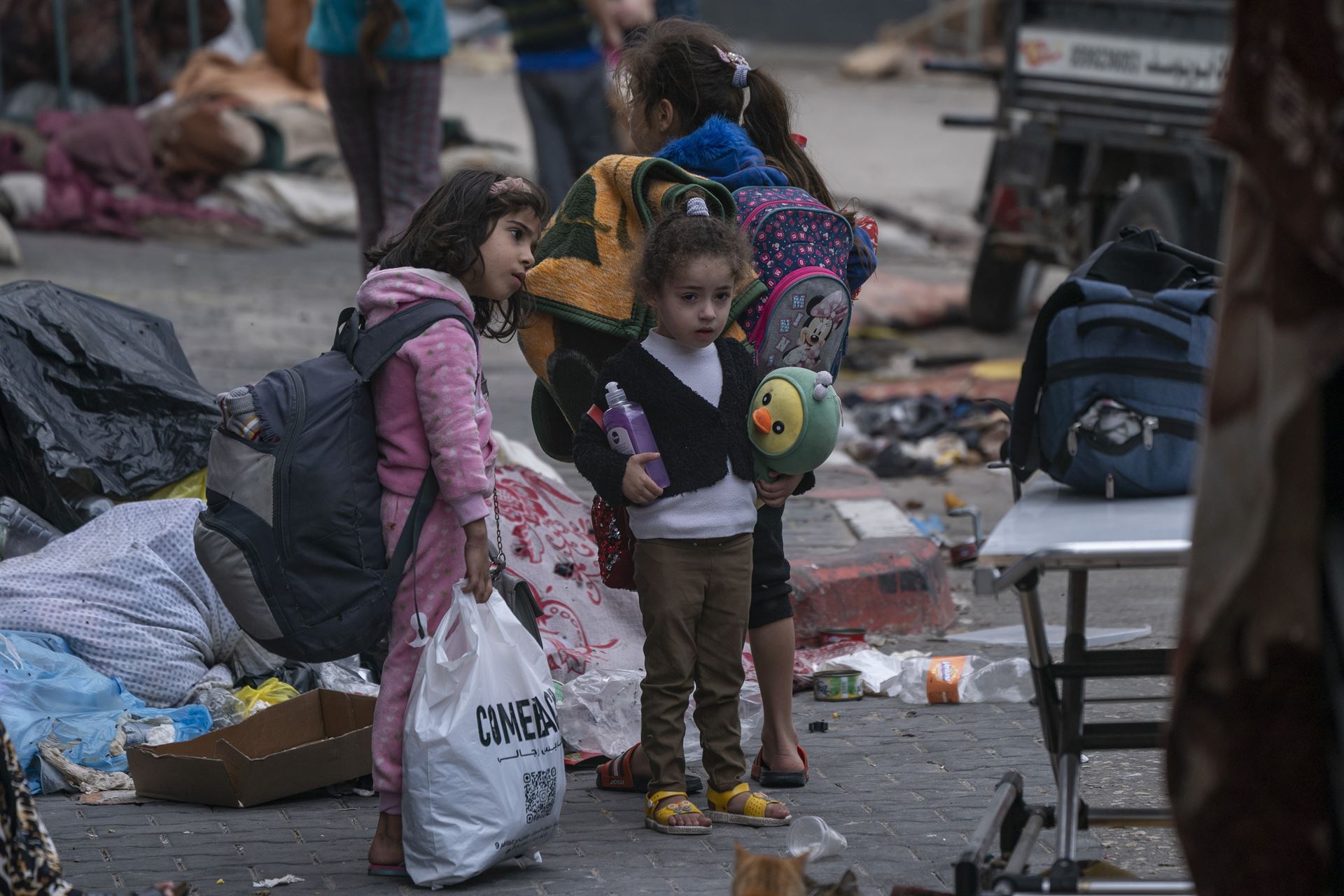
UNITED NATIONS - Nearly 400 million children under 5 globally, or 60 percent within that age group, regularly endure psychological aggression or physical punishment at home, according to new estimates released by the UN Children's Fund (UNICEF) on Tuesday.
ALSO READ: UNICEF: Child migration through Darien Gap up 40% this year
Of them, around 330 million are punished by physical means, said UNICEF, which released the data on the first-ever International Day of Play.
When children are subjected to physical or verbal abuse at home, or when they are deprived of social and emotional care from their loved ones, it can undermine their sense of self-worth and development.
Catherine Russell, UNICEF Executive Director
The findings emphasize the crucial role of play in children's development, said UNICEF.
READ MORE: UNICEF: 90% of Gazan children lack food needed for proper growth
"When children are subjected to physical or verbal abuse at home, or when they are deprived of social and emotional care from their loved ones, it can undermine their sense of self-worth and development," said UNICEF Executive Director Catherine Russell in a press release. "Nurturing and playful parenting can bring joy and also help children feel safe, learn, build skills, and navigate the world around them."
Globally, harmful social norms that underpin violent childbearing methods persist, with slightly more than 1 in 4 mothers and primary caregivers indicating that physical punishment is necessary to raise and educate children properly, according to the findings.
READ MORE: Young children deserve the best start in life
To ensure every child grows up feeling safe and loved, UNICEF calls on governments to strengthen efforts and investment in protection by strengthening legal and policy frameworks that prohibit and end all forms of violence against children in the home; in parenting support by scaling up evidence-based parenting programs that promote positive, playful approaches, and prevent family violence; and in payful learning by expanding access to learning and play spaces for children.


